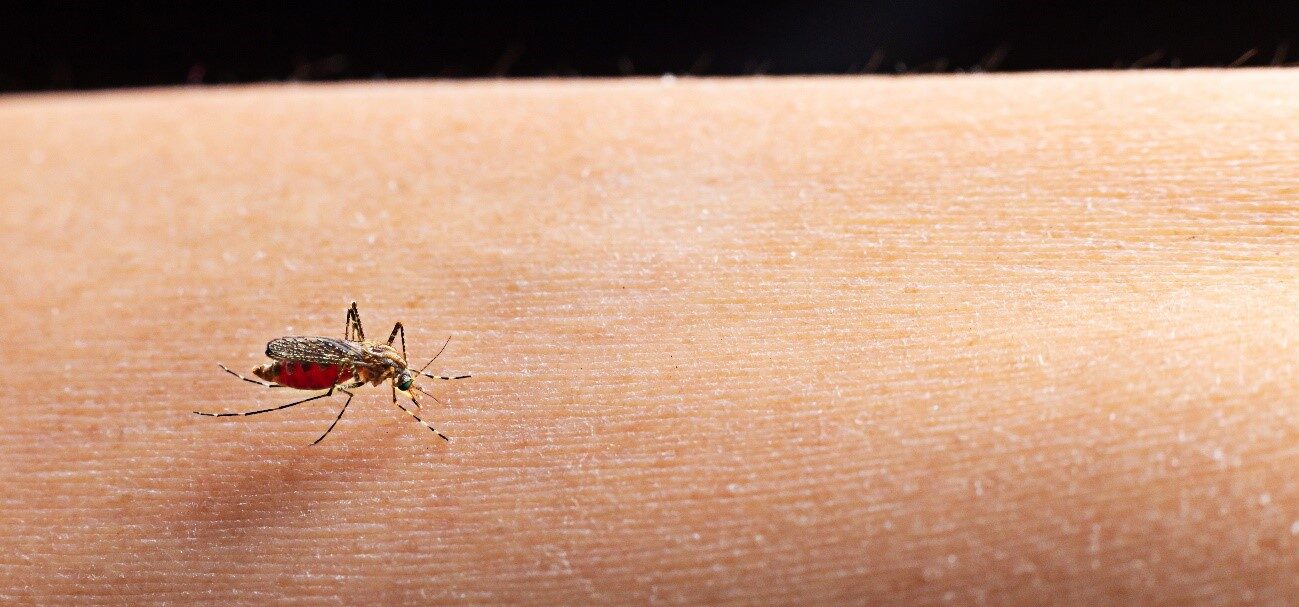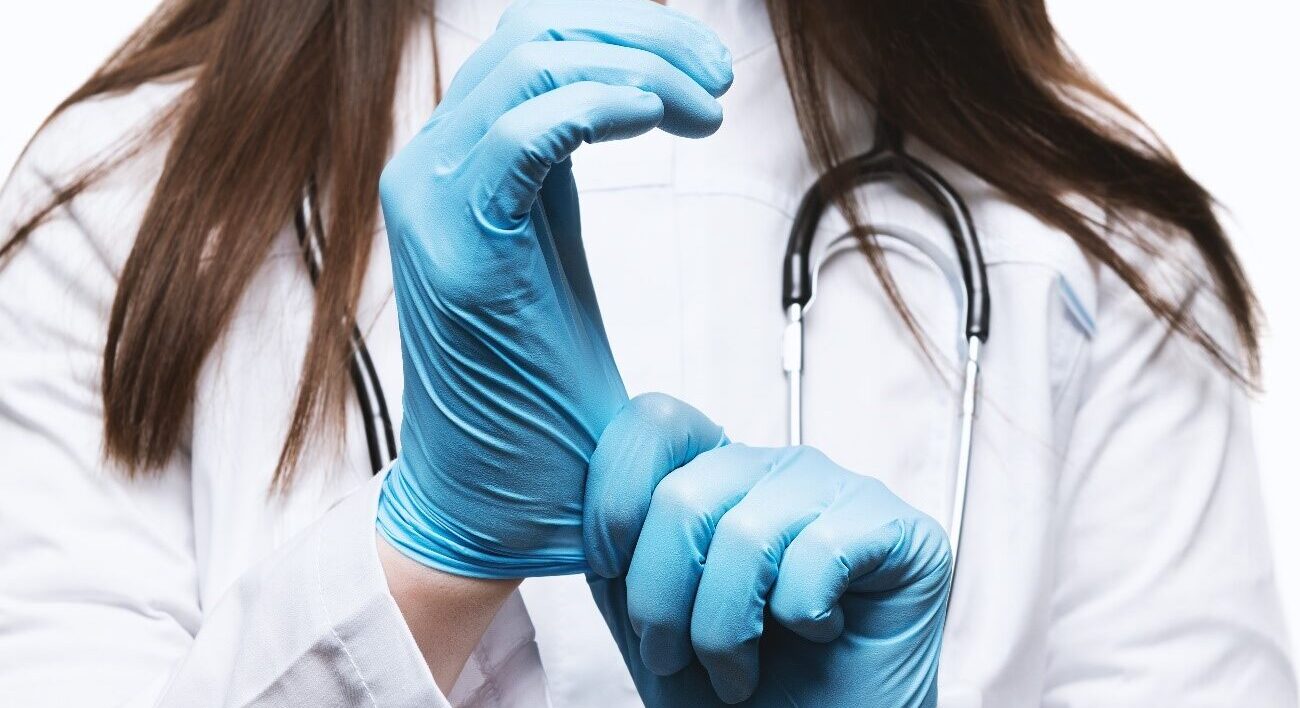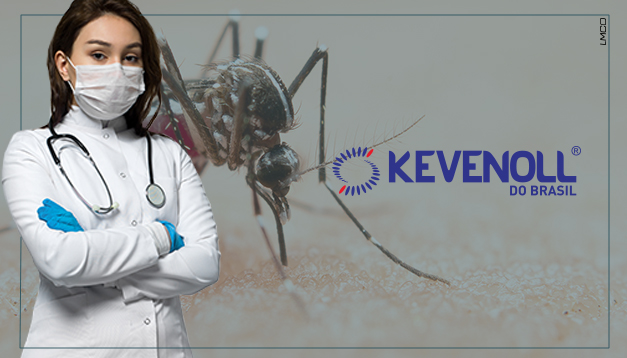The Pan American Health Organization (PAHO) has issued an alert for an increased risk of death from mosquito-borne diseases during the COVID pandemic – 19. Diseases such as Malaria and Dengue, which already have an extensive number of cases in the region become even more dangerous due to the burden that health services have been suffering from the pandemic of the new coronavirus.
Recently, Brazilian actress Camila Pitanga shared on her social networks the positive diagnosis that she and her daughter received for malaria. After many days with high fever and body aisons – and with negative tests for coronavirus and dengue – Pitanga finally had the disease diagnosed as malaria. Both were in social isolation on the coast of São Paulo, in an area surrounded by Atlantic Forest.

Malaria is caused by protozoa transmitted by the infected female of the Anopheles mosquito.
What is Malaria?
Malaria is an infectious disease caused by protozoa, and transmitted by the Anopheles mosquito. Symptoms include:
- High fever
- Chills
- Tremors
- Excessive sweating
- Headaches
- Nausea and vomiting
- tiredness
- Lack of appetite.
Despite having treatment and cure, malaria still affects a large number of people worldwide, and does not yet have a 100% effective vaccine. It is not a directly contagious disease, but some care needs to be observed by physicians when treating patients with this diagnosis.
Contamination can also occur in contact with blood and body fluids infected with the disease, either in the management of contaminated equipment or in the preparation of patients for procedures and examinations.
Patients with more severe conditions, for example, may present with hemorrhagic crises, and other symptoms, creating a favorable situation for contamination of professionals present at the moment.

One of the best protections for people who fight infectious diseases is the use of protective gloves.
Do not neglect the use of gloves
Procedure gloves are essential for physicians and nurses treating patients with malaria. The mortality rate of this disease is still considered high, and therefore should be viewed very seriously, even in hospitals and medical centers in isolated places, poor areas or in indigenous areas.
The risk of contact with contaminated biological fluids can be drastically decreased with the use of procedure gloves, such as the Nugard Procedure Gloves. They create a very effective barrier that protects the doctor and patient from occasional cross-contamination.
Nugard Procedure Gloves are ideal for non-surgical procedures, and can be used in hospitals, clinics and laboratories, offering protection against biological hazards (such as contaminated blood and fluids), contact with harmful microorganisms, and during handling of contaminated or partially contaminated materials.
They can be in 100% natural latex with powder or without powder (Nugard PF), or also in synthetic nihilic rubber, which offers even more resistance and is widely indicated for professionals allergic to latex.
Learn more about Nugard Nitrilica by clicking here.
Kevenoll do Brasil products are INMETRO certified and guarantee safety, comfort and practicality for you and your patient.
Click and get to know Kevenoll products.
Sources: Brazilian Ministry of Health and PAHO/WHO

